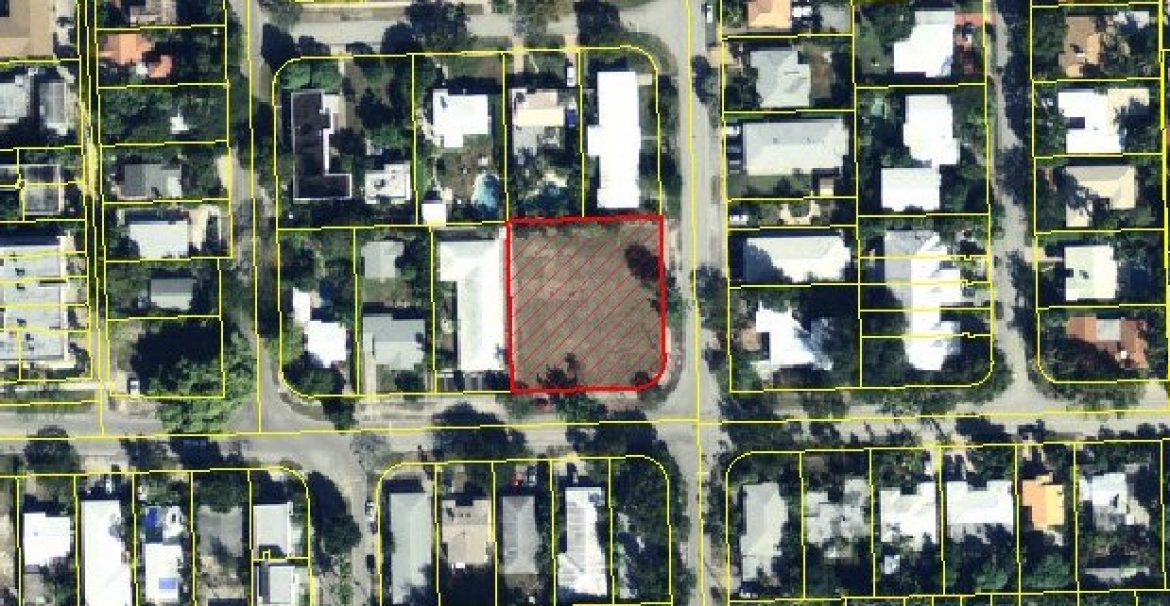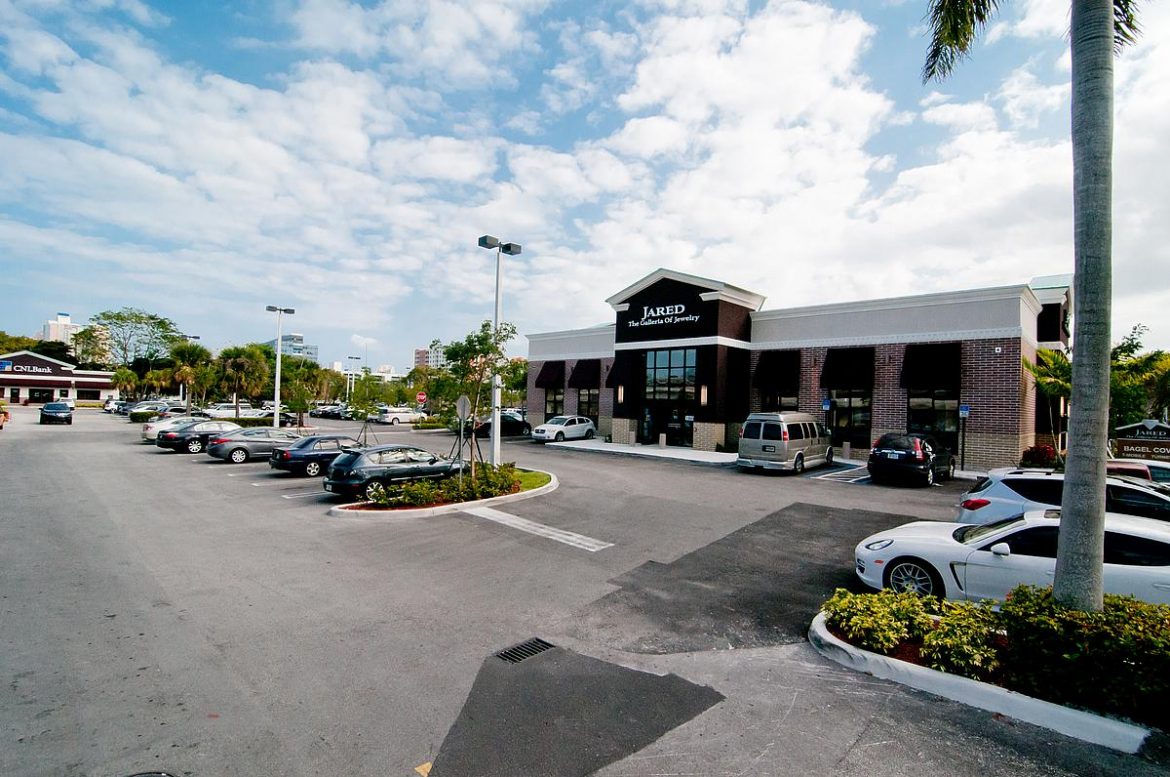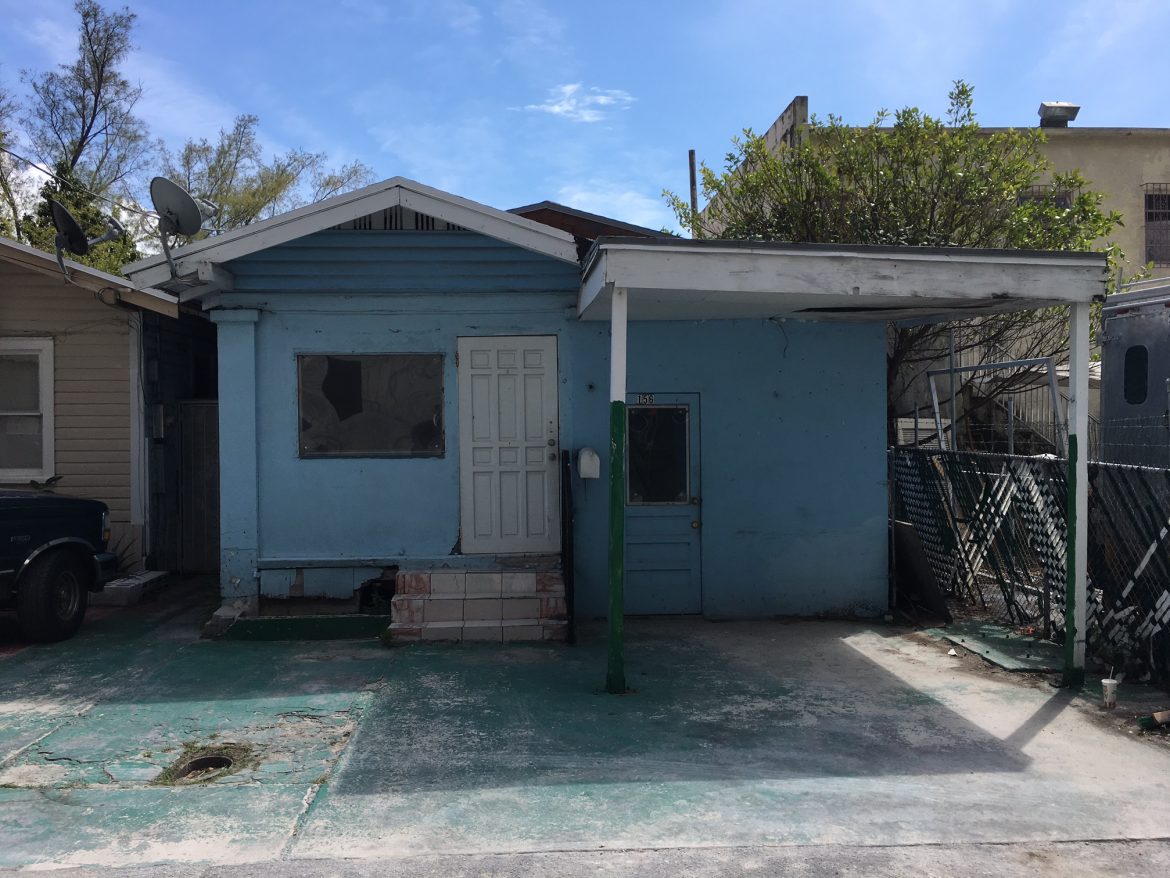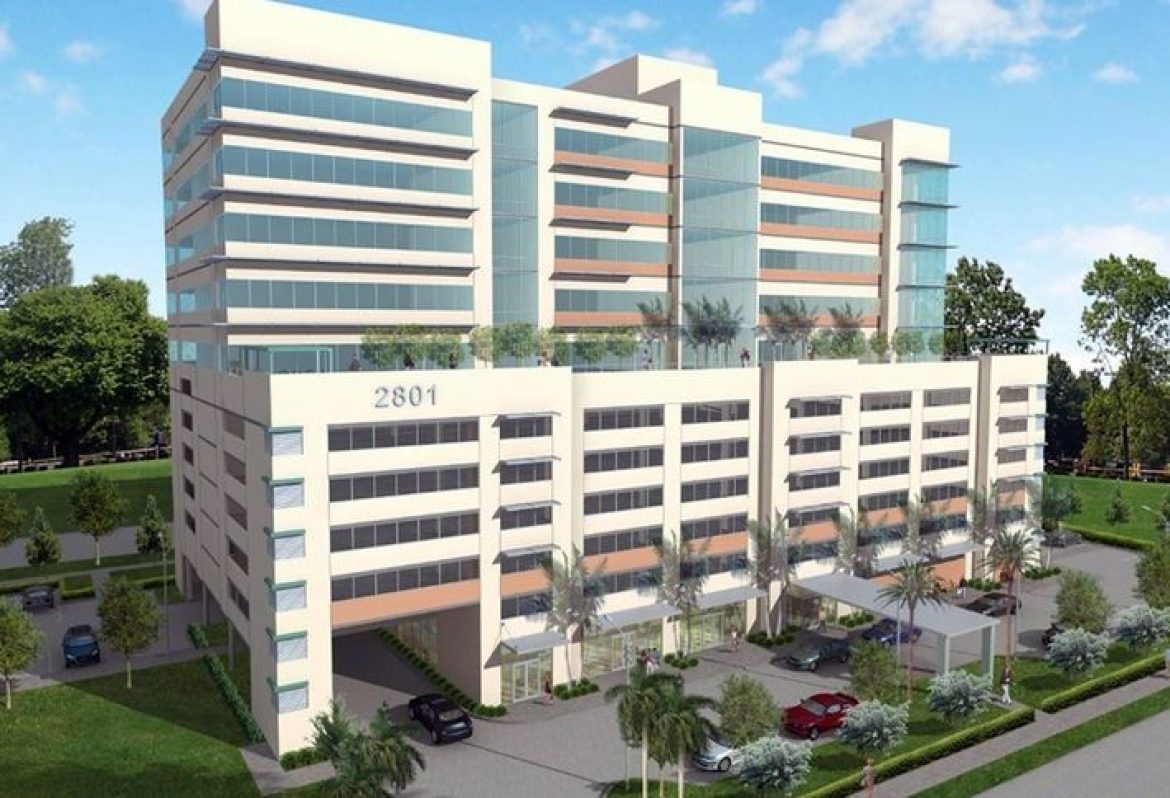
U.S. net-lease investment is outpacing the broader commercial real estate market in 2019, with increasing demand from both foreign and domestic investors for office and industrial assets, according to the latest research from CBRE.
Net-lease investment — comprising office, industrial and retail properties — climbed 17.2 percent year-over-year in the first half of 2019 to $33.4 billion, with total commercial real estate volume growth at 13.4 percent over the same period.
Net-lease investment volume in in Q2 2019 was the second-highest quarterly total on record at $20.6 billion and up by 33.8 percent year-over-year.
Net-lease investment volume for the year-ending Q2 2019 totaled $74.2 billion—the highest four-quarter total since CBRE began tracking the market in 2002.
“The high volume of net-lease activity has been a byproduct of an aggressive capital markets environment coupled with an influx of capital, both foreign and domestic, seeking compelling risk-adjusted returns,” said Will Pike, vice chairman of Net Lease Properties for Capital Markets at CBRE.
Net-lease investment volume in Q2 2019 was driven by gains in the office sector (65.7 percent year-over-year growth) and retail (52.2 percent), while industrial remained nearly unchanged (0.6%).
Investors are increasingly focused on net-lease investment opportunities in high-growth secondary markets. While gateway markets like San Francisco and Boston had the largest year-over-year gains in investment volume in Q2 2019, markets such as the Inland Empire, San Diego and the East Bay made the top-10 list.
The global search for yield and portfolio diversification is attracting global investors to the U.S. net-lease market. Cross-border capital for net-lease properties reached $3.9 billion in Q2 2019—a 78.4 percent increase from Q2 2018 and the second-highest quarterly total on record.
International buyers accounted for 18.8 percent of net-lease transaction volume in Q2 2019—their highest share since 2015. New York City, San Francisco, Miami, Houston, Los Angeles and Chicago received the most foreign capital for net-lease investment.
Over the past two years, the top country sources of capital have been Canada, Germany and South Korea.
Source: Real Estate Weekly







